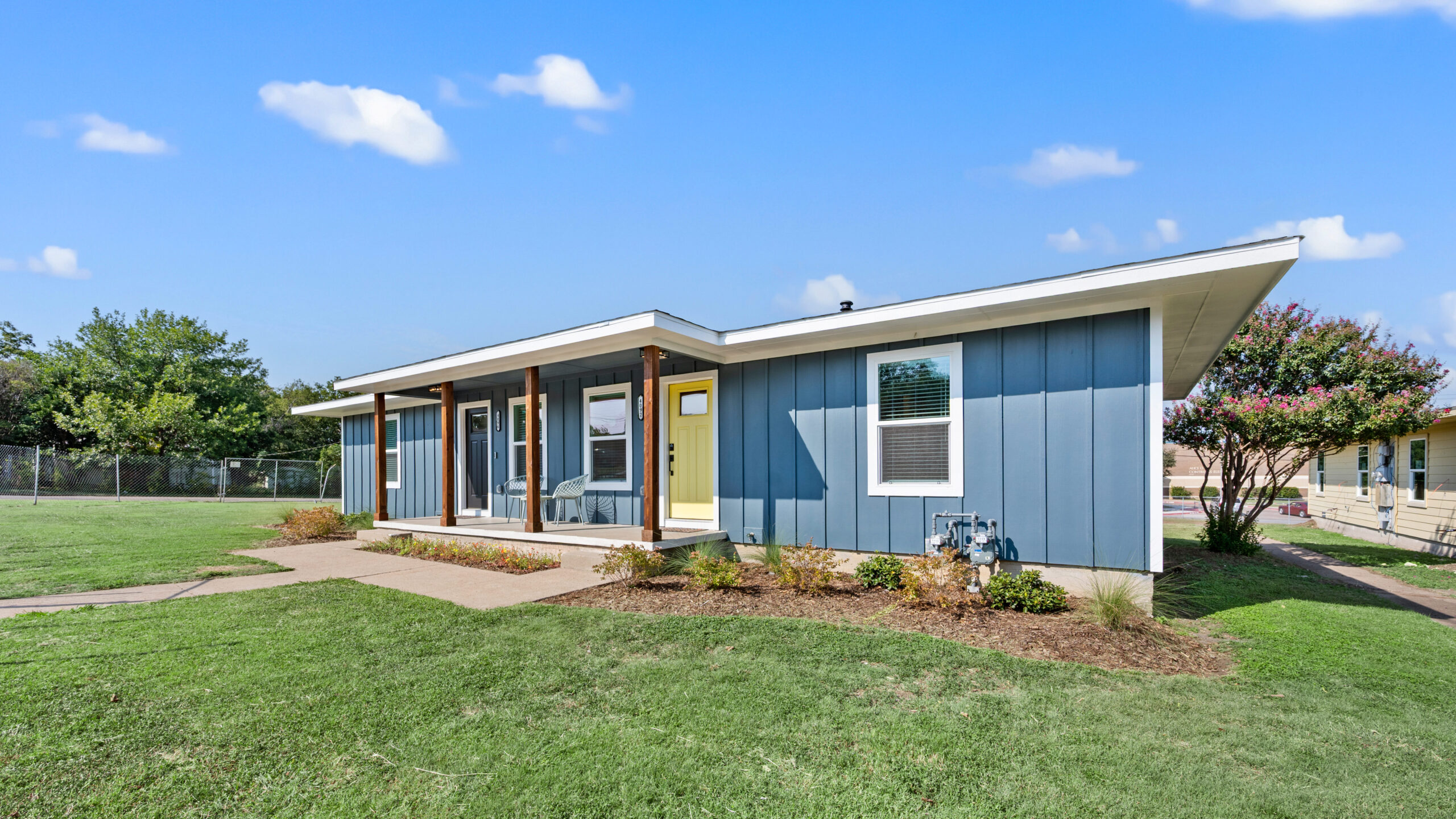In 2024, the population of Fort Worth officially surpassed one million people, making it the 11th largest city in the country. Population growth, along with other factors, is a major driver in the housing market imbalance in our region. The yawning affordability gap between median home prices and median wages is not expected to narrow given historical income trends. Imagine a small family with a teacher as the primary earner with an annual salary of $65,000. To purchase a home, they would need options priced around $200,000 to align with their budget. Fewer than 10% of homes on the Fort Worth market currently fit their price range (compared to ten years ago when more than 60% of homes could have matched their financial needs). Fortunately, key stakeholders in Fort Worth have been exploring innovative ideas to preserve opportunities for families at all income levels to participate in the housing market.
Two years ago, the Fort Worth Community Land Trust was formed with significant input and support from city staff and leadership, nonprofit housing experts, and philanthropic leaders, including the Rainwater Charitable Foundation. A community land trust (CLT) is a nonprofit organization that owns land and facilitates its use for community benefit, including by providing homeownership opportunities that are attainable for families earning at or near the median income. Because of a dual ownership model, CLT homes are not subject to the volatility of the speculative market. When selling a home, the CLT retains ownership of the land on which the home sits. The CLT leases the land to the homeowner through a 99-year, inheritable, renewable ground lease which conveys an exclusive right to occupy and use the land along with specific requirements, including a prescribed resale price of the home. Because CLT homeowners do not finance the land cost (and frequently benefit from additional subsidies), they agree to share their appreciated value at resale so that the same opportunity and affordable price can be made available to another household in the future. Because of the attainable entry point for ownership, strategies like CLTs can still result in a significant return on the owner’s investment. A 2019 study of shared equity housing models (including CLTs) found that homeowners received more than 7x return on their initial equity investment.
While new to Fort Worth, community land trusts have been active in other parts of the country since the 1960’s, and more than 300 organizations focused on shared equity homeownership now exist with a presence in almost every state. These organizations now steward more than 14,000 homes nationwide. In Texas, the community land trust model has been applied for more than a decade with pioneering efforts in Austin and Houston. Founding board members of the Fort Worth Community Land Trust visited peers in these neighboring Texas cities to learn firsthand about strategies for establishing a portfolio of properties, organizational operations, and community engagement. Guadalupe Neighborhood Development Corporation has a place-based business model for creating affordable housing in East Austin that includes developing their own CLT properties and managing rental units. The Houston Community Land Trust has achieved incredible scale in a short time with more than 200 homes in their portfolio thanks to significant public investment combined with the ingenuity and diligence of their staff to pivot in the face of ever-changing political and market dynamics.
The Fort Worth Community Land Trust (FWCLT) is poised for scale given its city-wide geographic scope and current project pipeline, including two major subdivisions and an infill development program. The organization’s current growth trajectory would result in 400+ homes by 2029. Yet, the impact of a CLT is not defined simply by the number of homes produced or sold. To ensure success over time, CLTs actively monitor program compliance and support homeowners through community-building, resource referrals, and other programs that help contribute to household stability. While FWCLT offers a unique legal tool to preserve housing affordability, the organization is designed to work through partnerships to achieve and sustain this scale of impact. By collaborating with partners for homebuyer counseling, financial coaching, and housing development, FWCLT operates more efficiently and expands the collective impact of organizations working on housing affordability.

An even broader collective impact is stirring statewide. Community land trusts are emerging in Dallas, Collin County, San Antonio, and beyond. As much as CLTs build community in neighborhoods where they have houses, they also build community among peer organizations. Fort Worth has benefitted greatly from those who have gone before us and generously shared their knowledge and experience. In addition to our neighboring Texas cities, CLT experts in Atlanta, Boston, and Burlington have all helped to shape the vision for FWCLT. As Fort Worth prepares to welcome its first generation of CLT homeowners, we recognize the spirit of legacy in this work. Local and national organizations that preceded FWCLT helped to pave its way. Now FWCLT can partner with homeowners not only to create wealth-building opportunities for their families but to preserve the ability for future generations to do the same.

